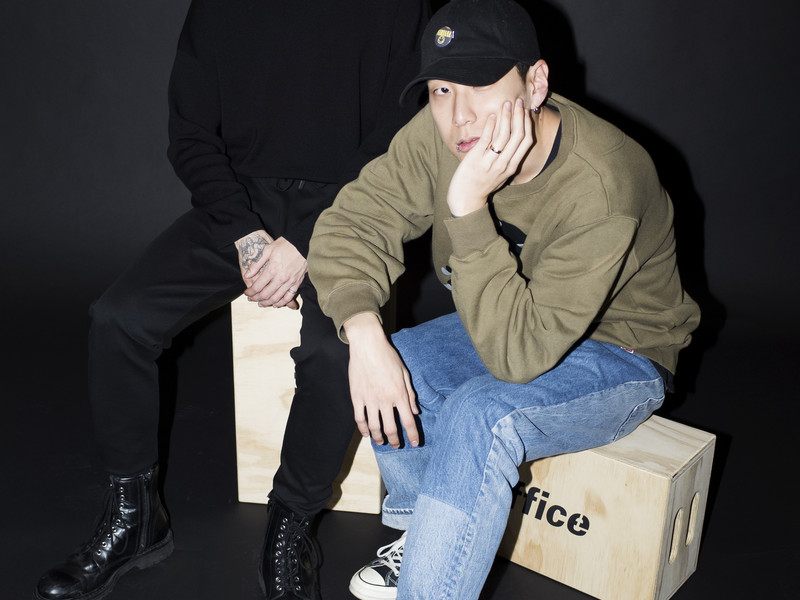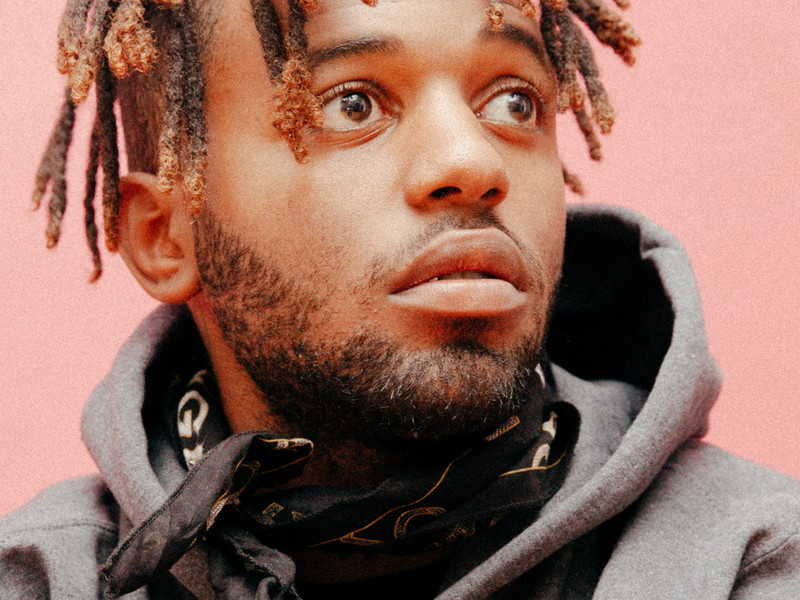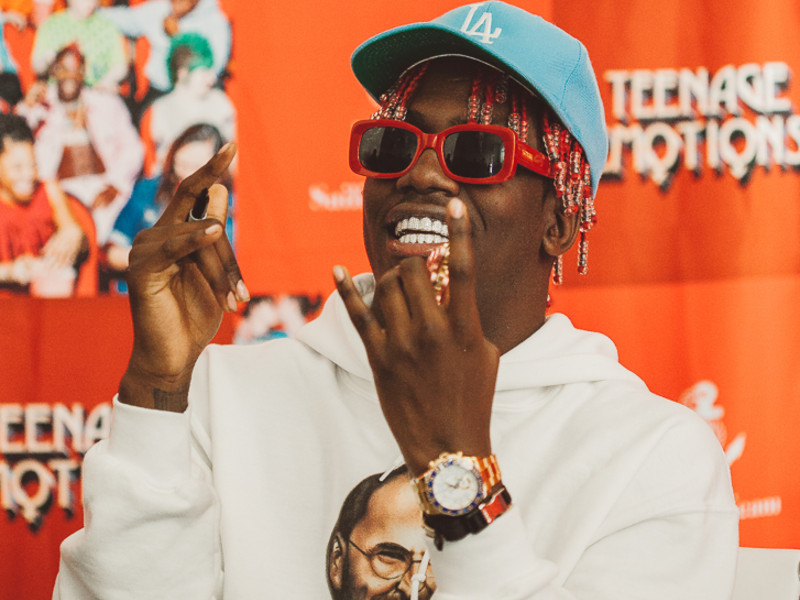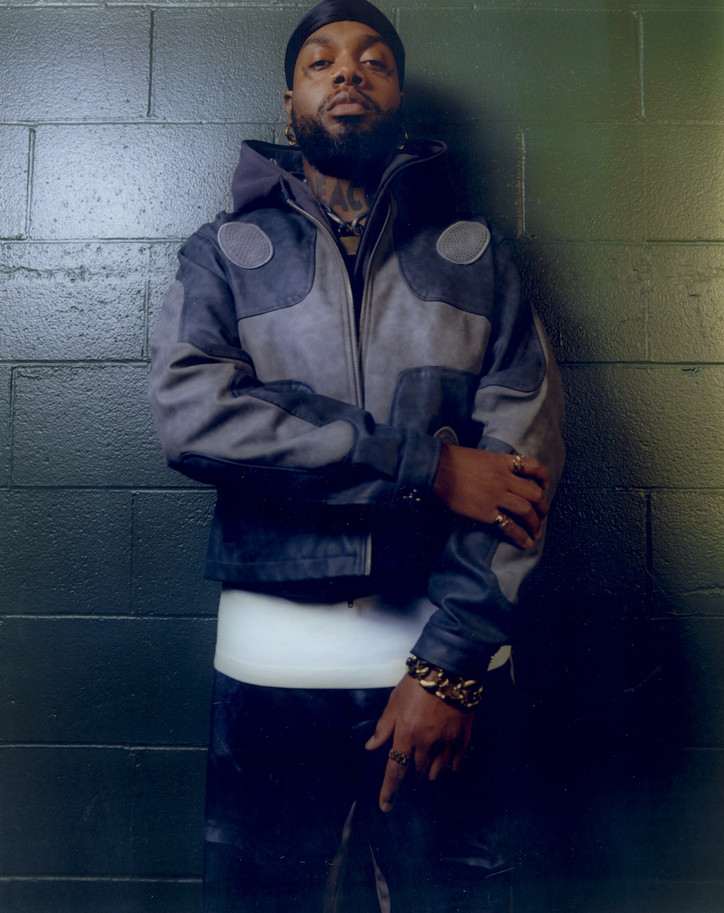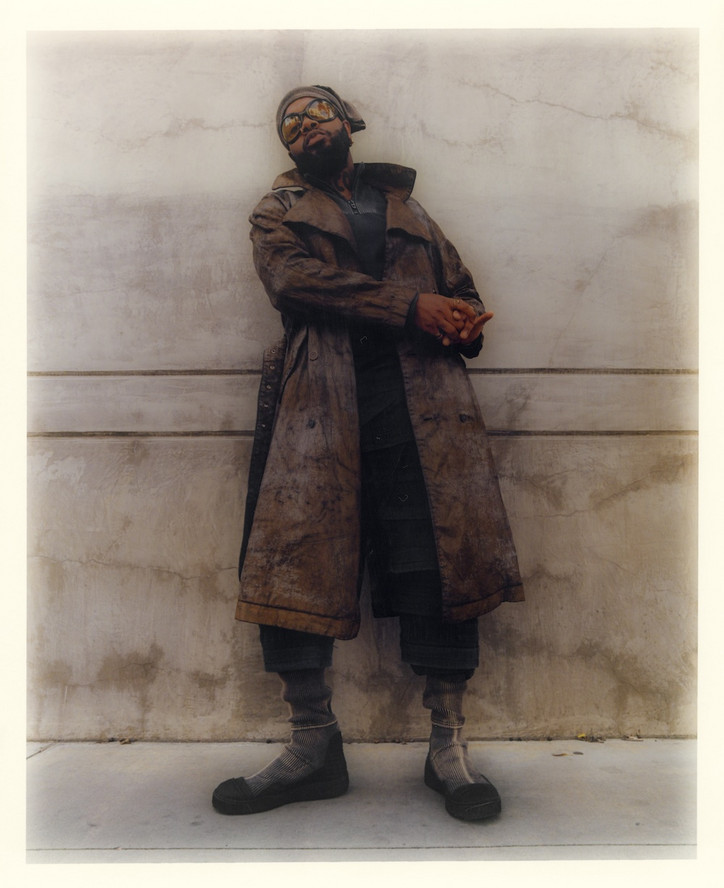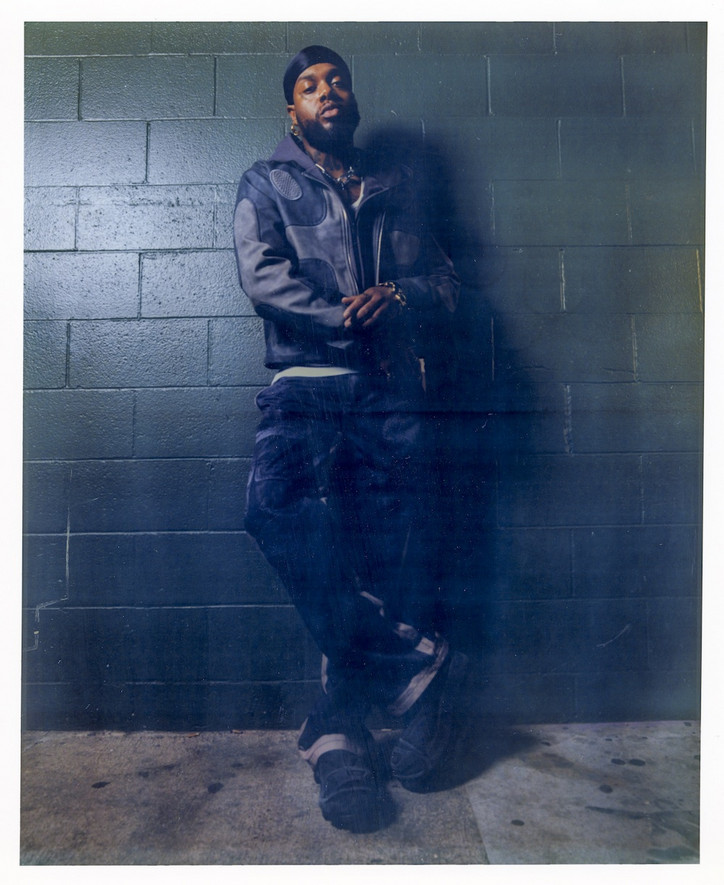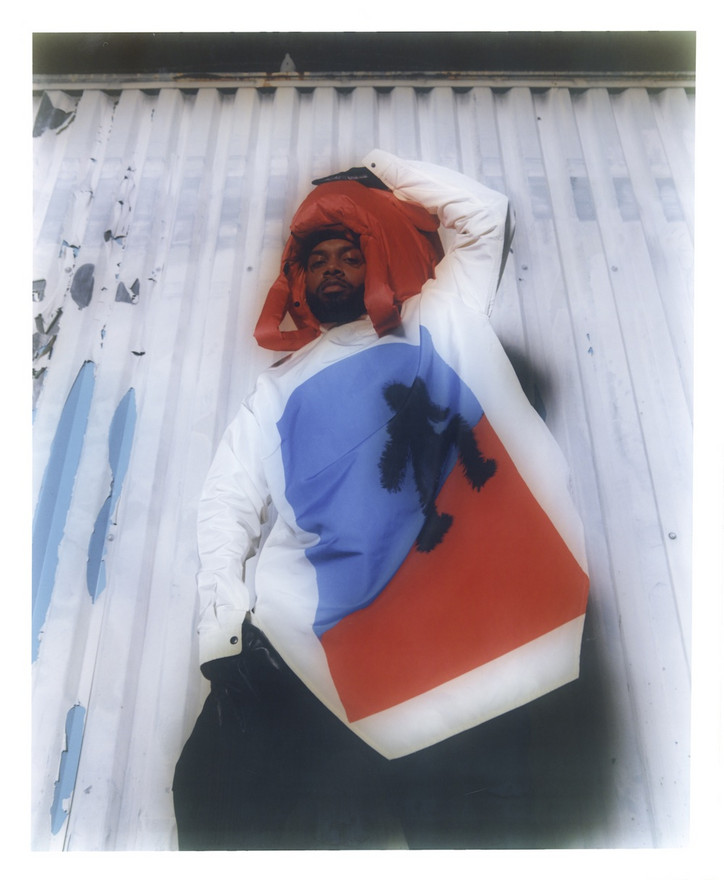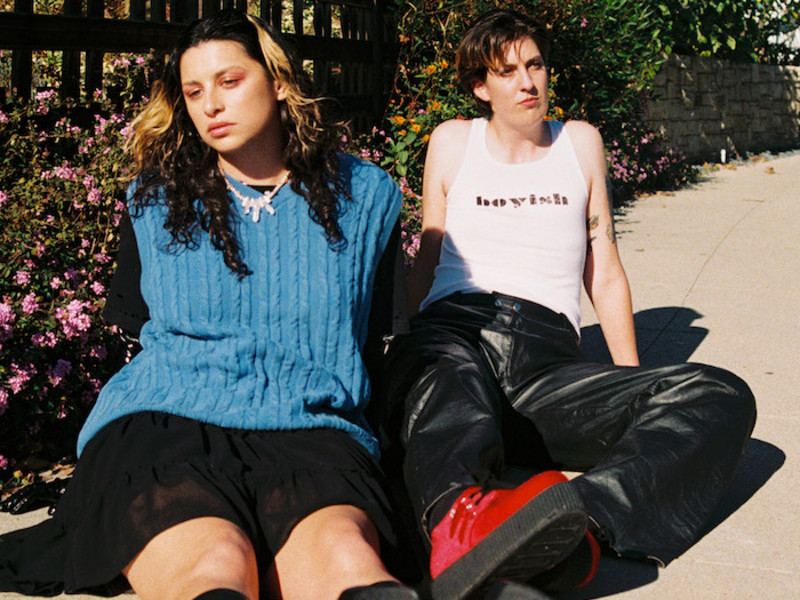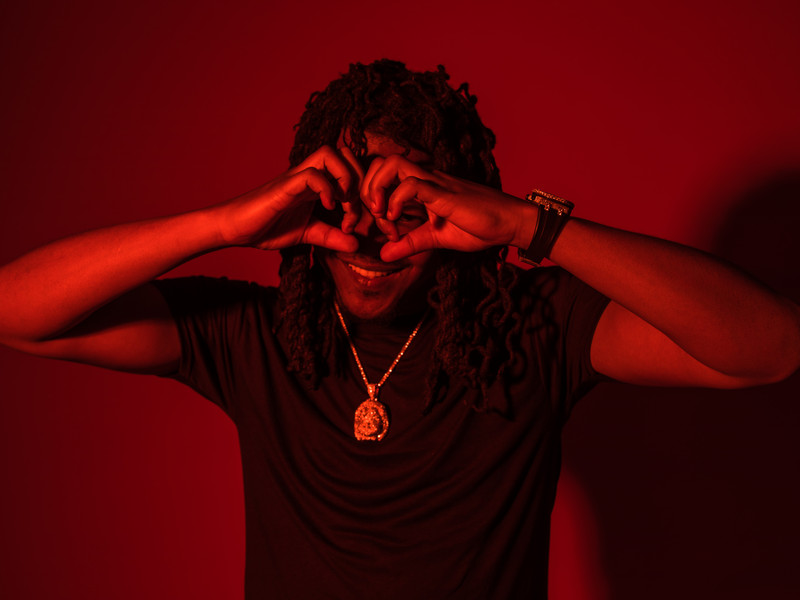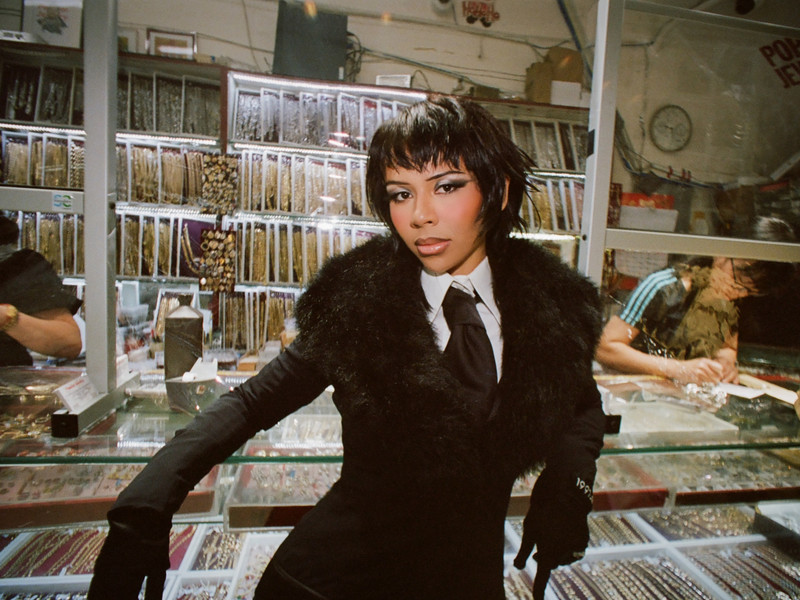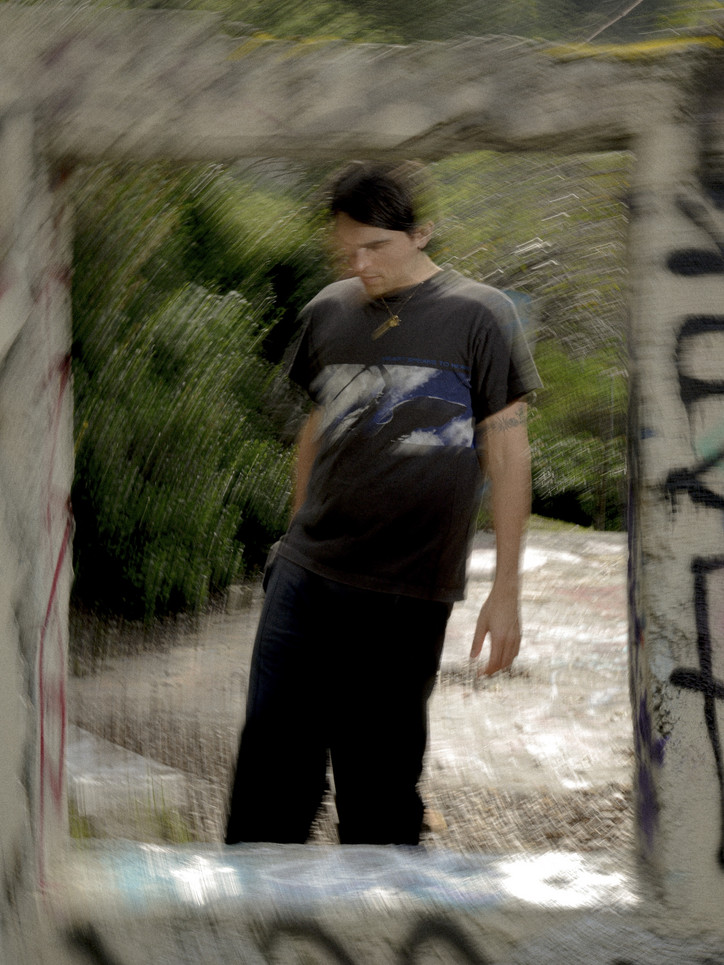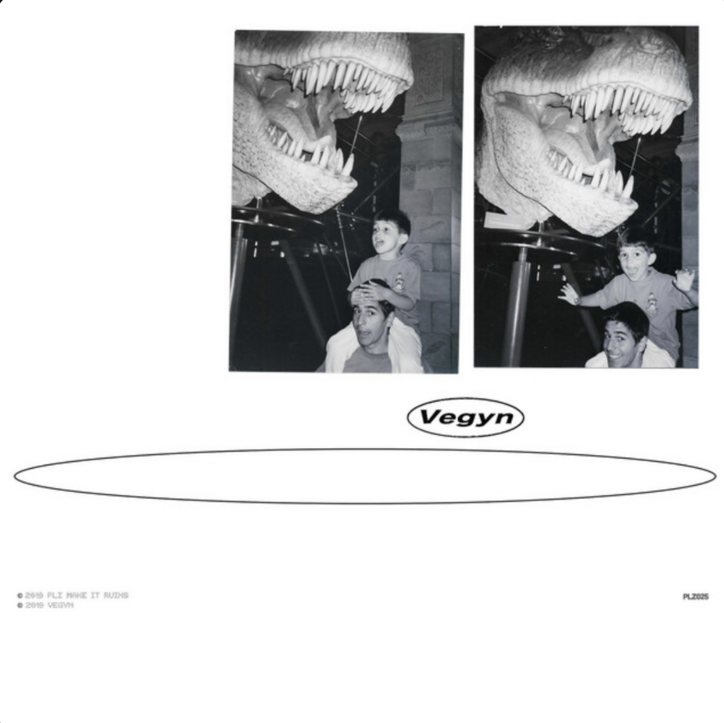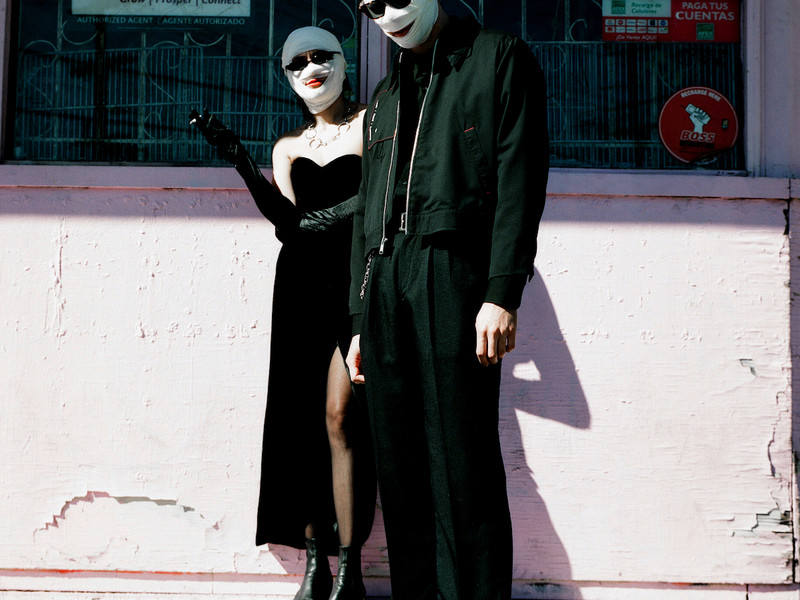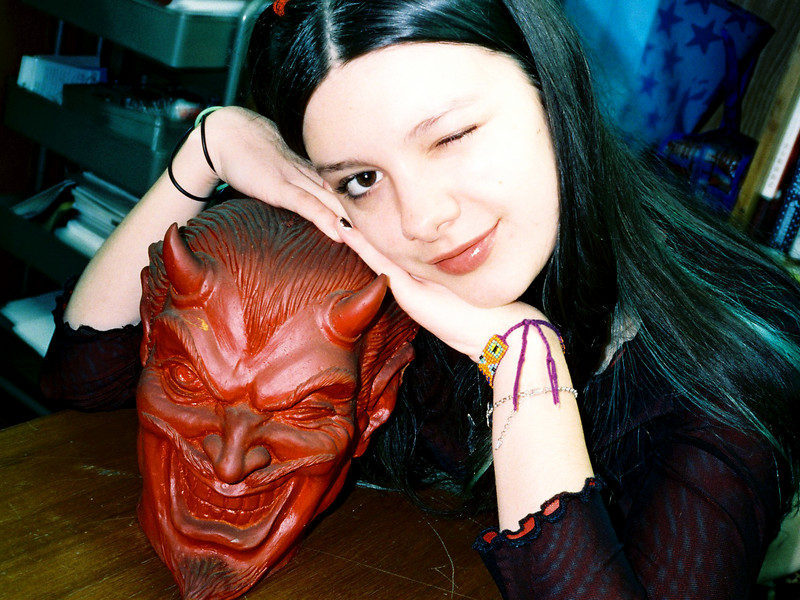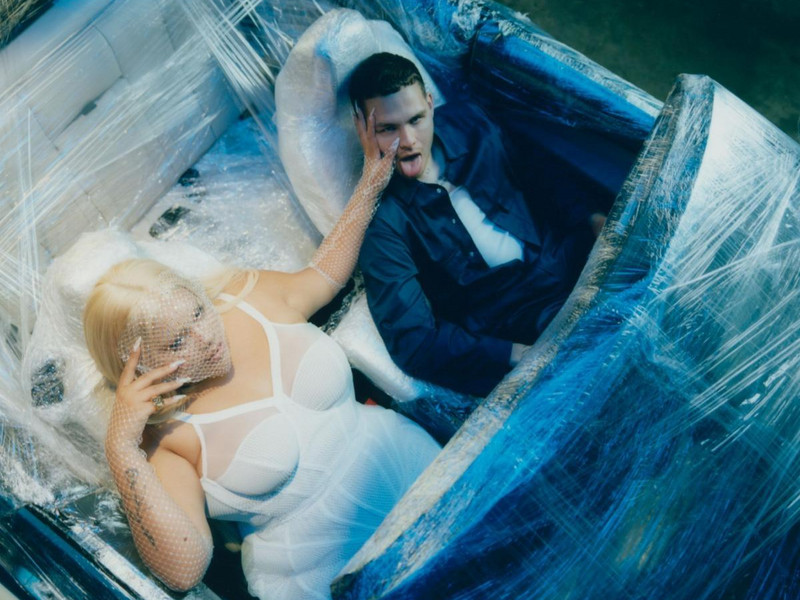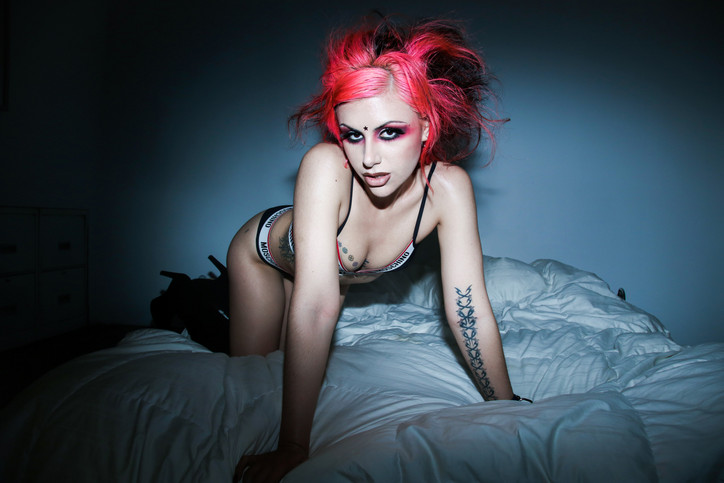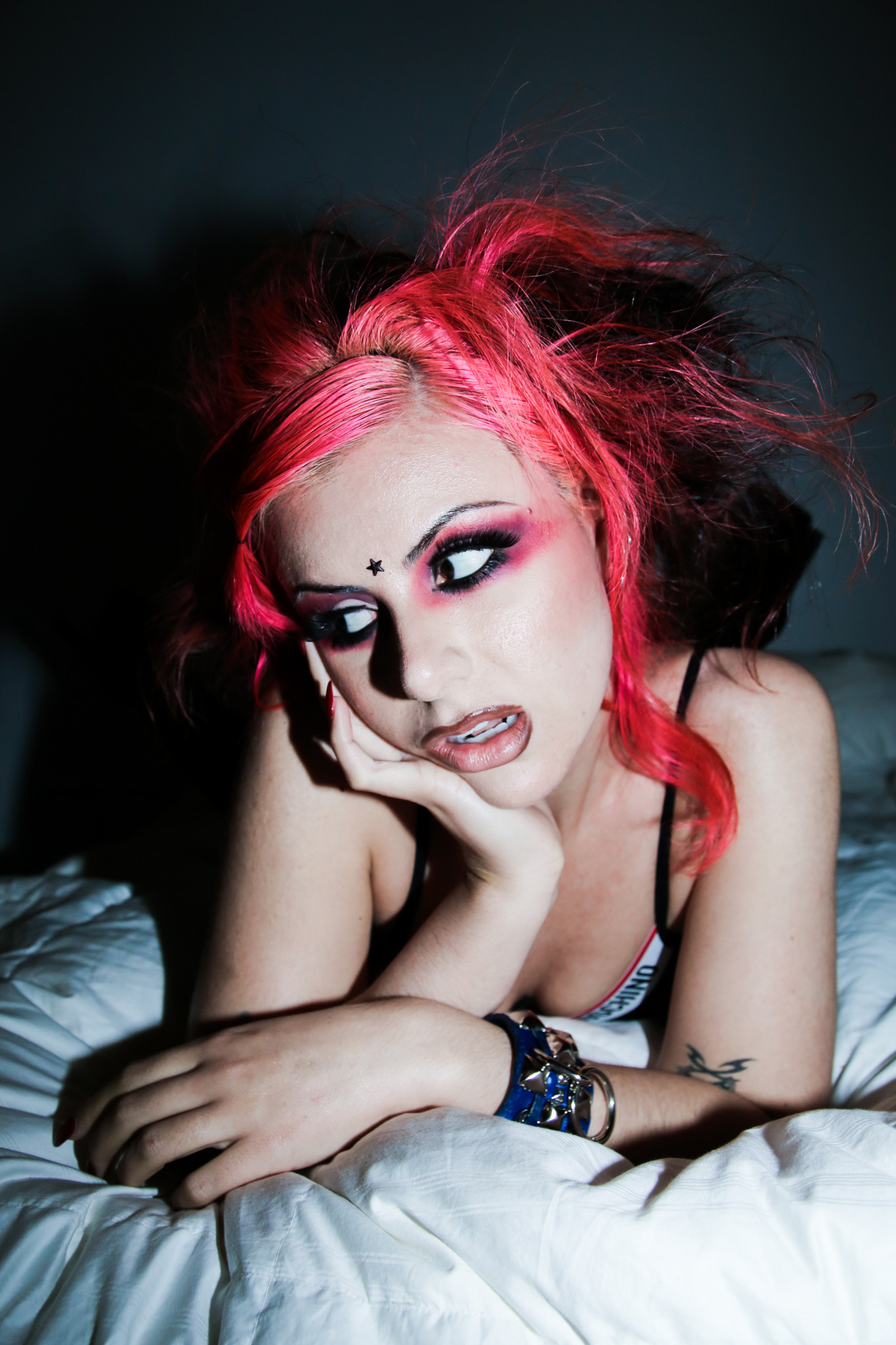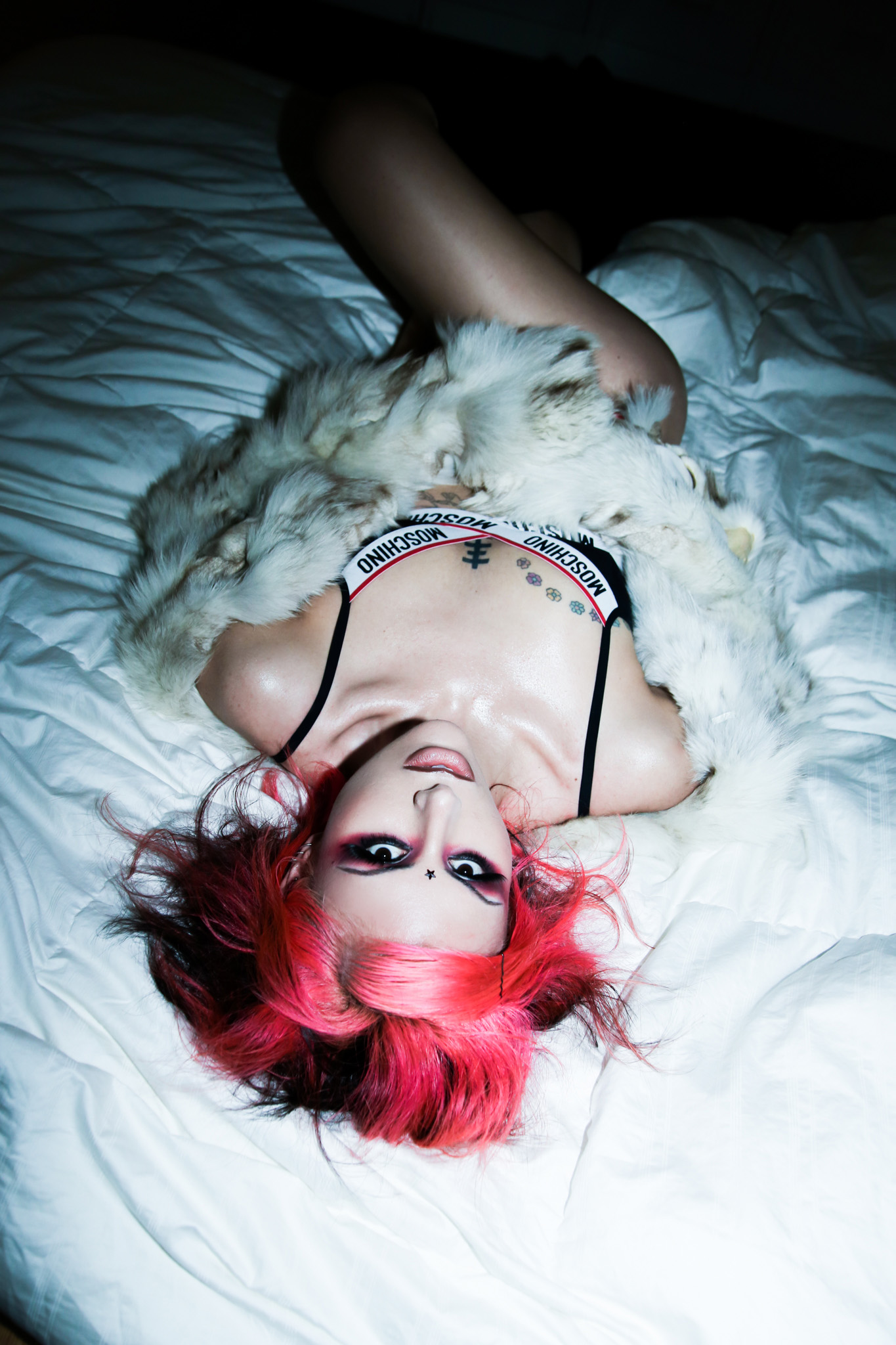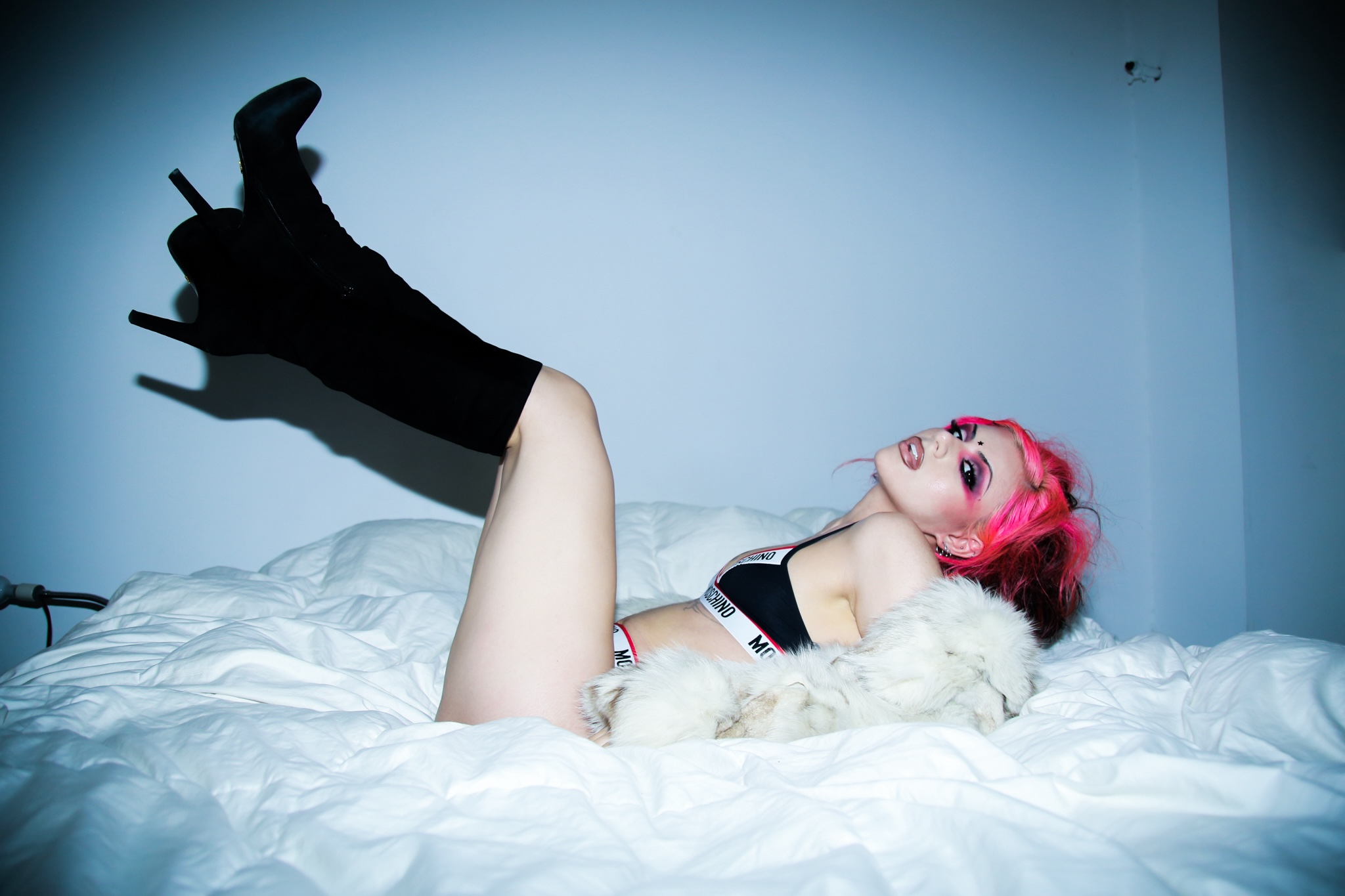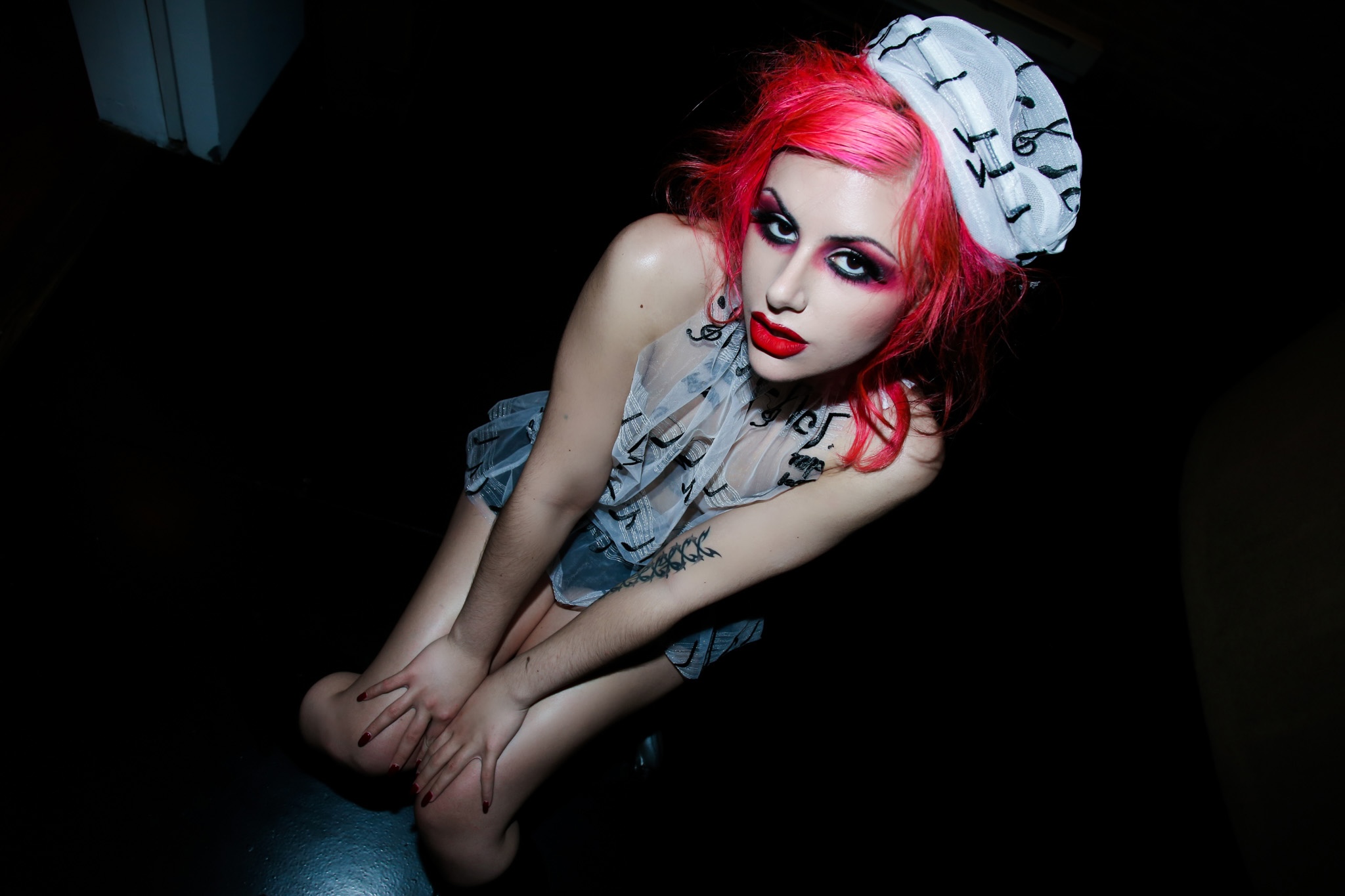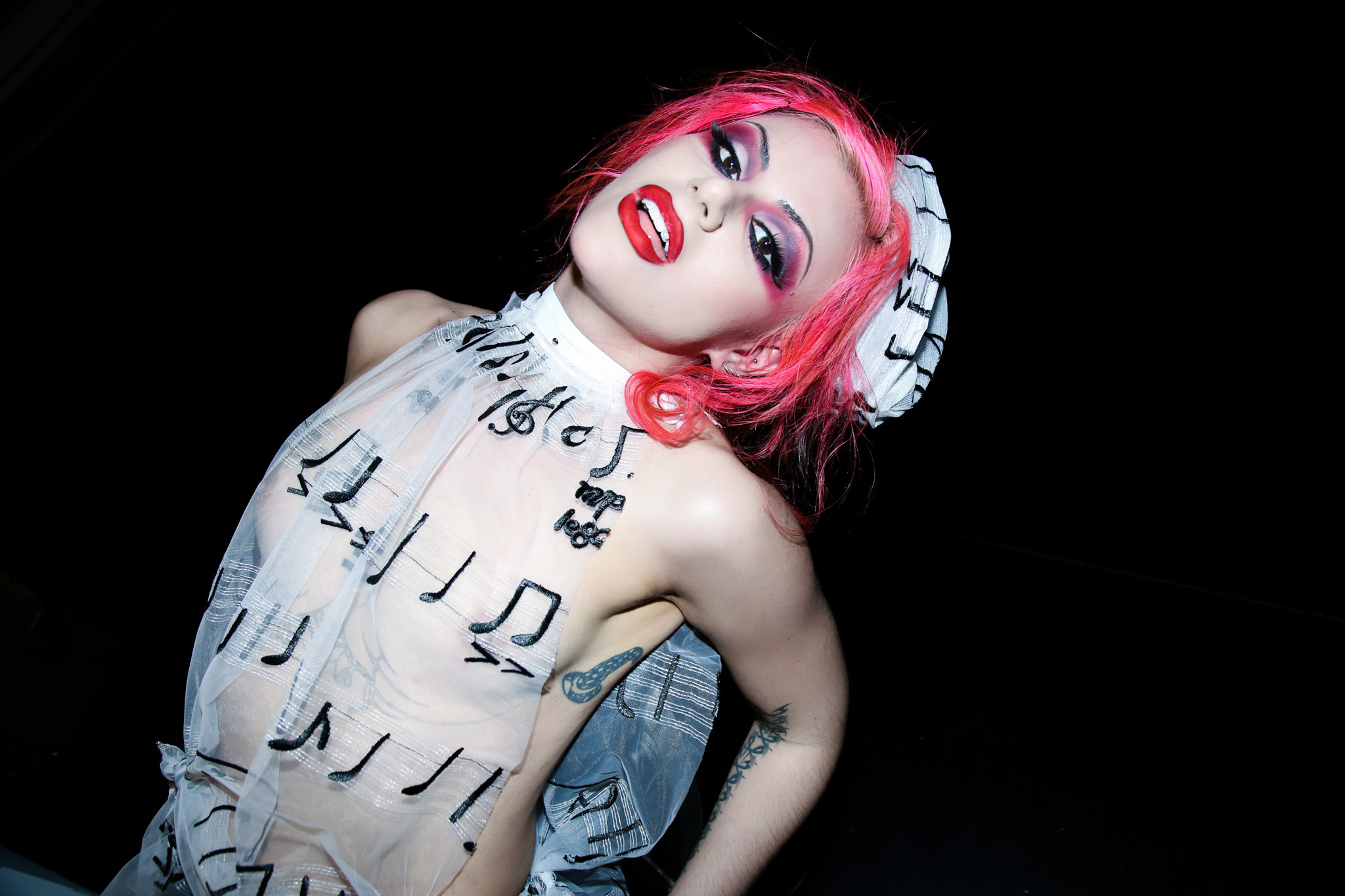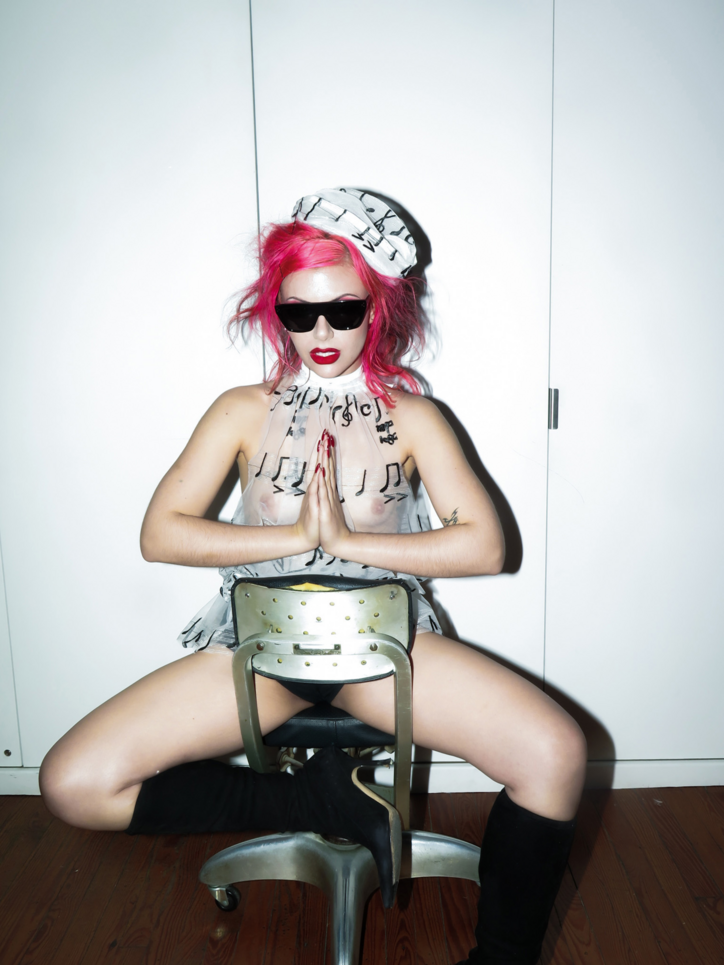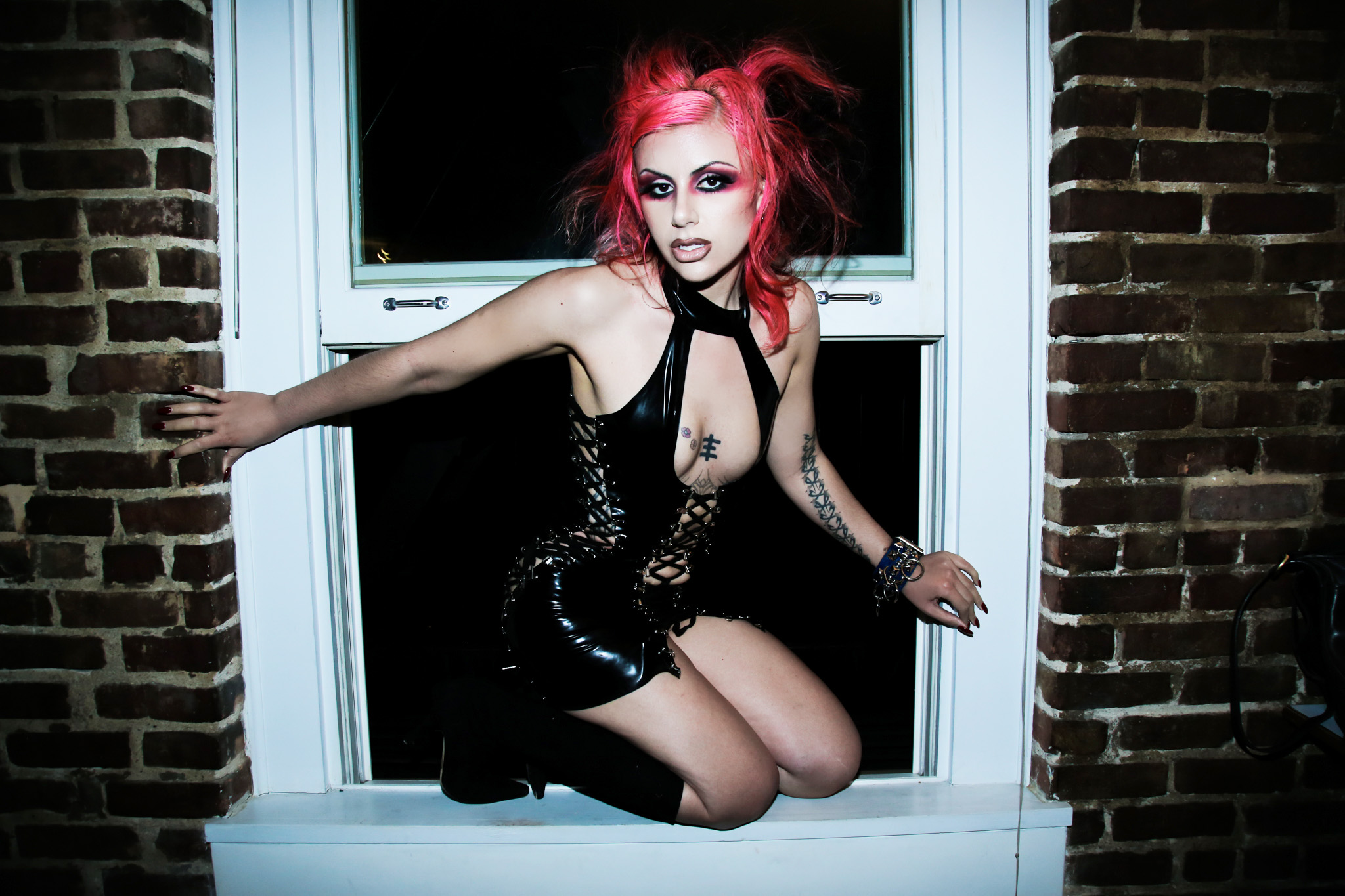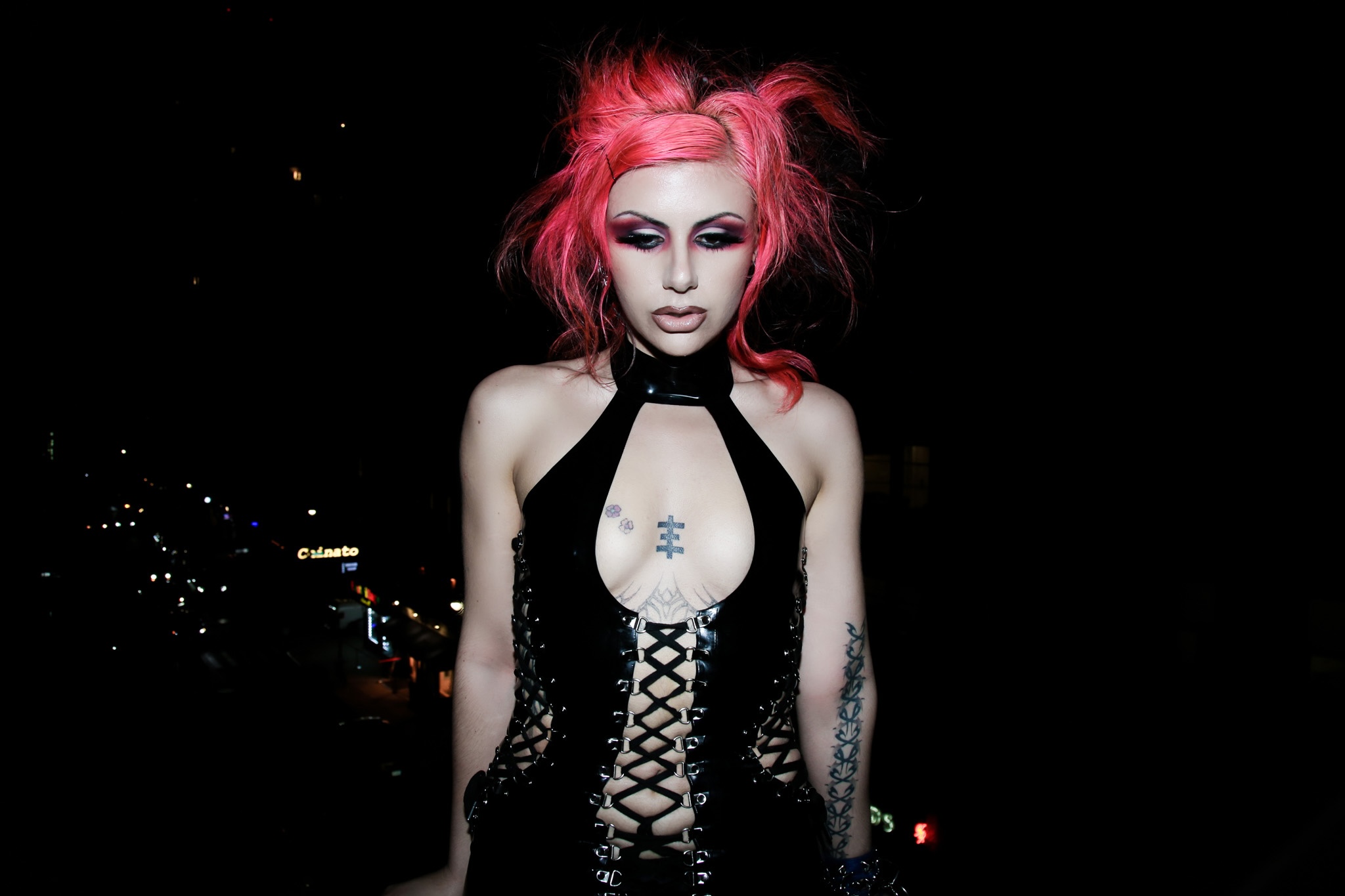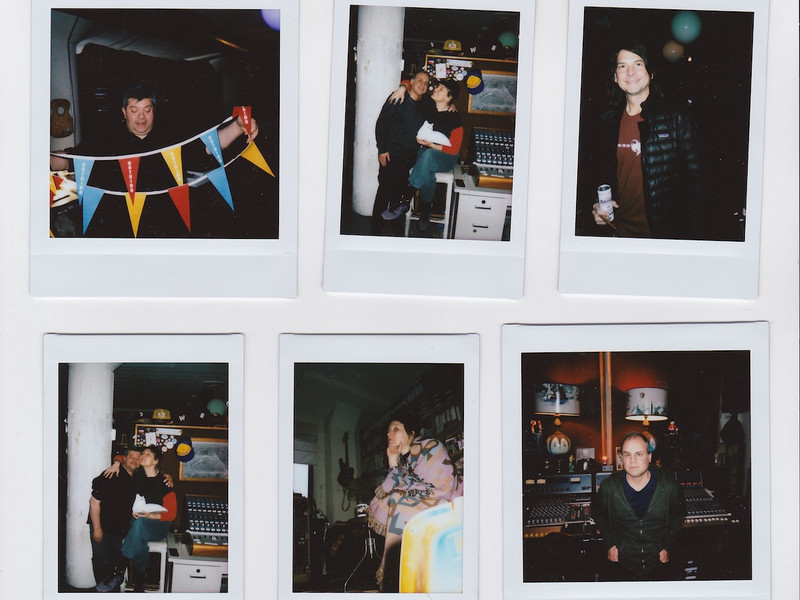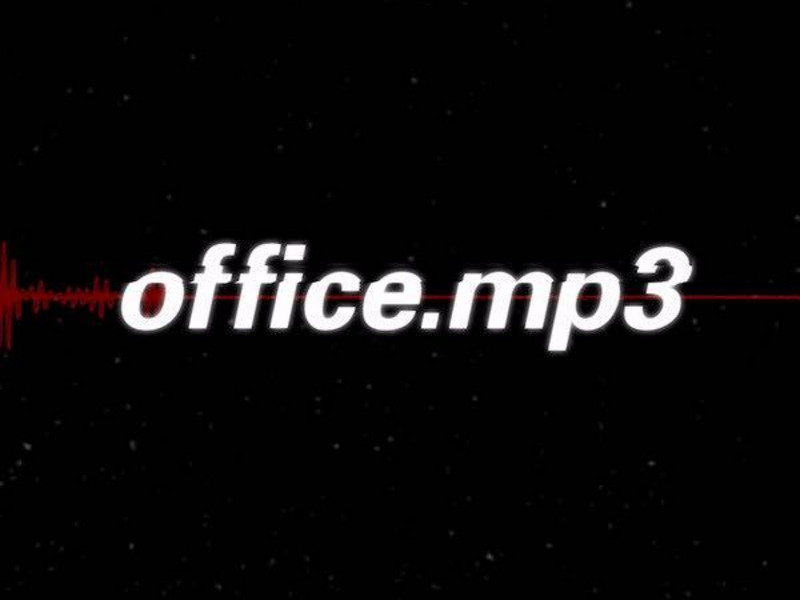Cowboy Pop
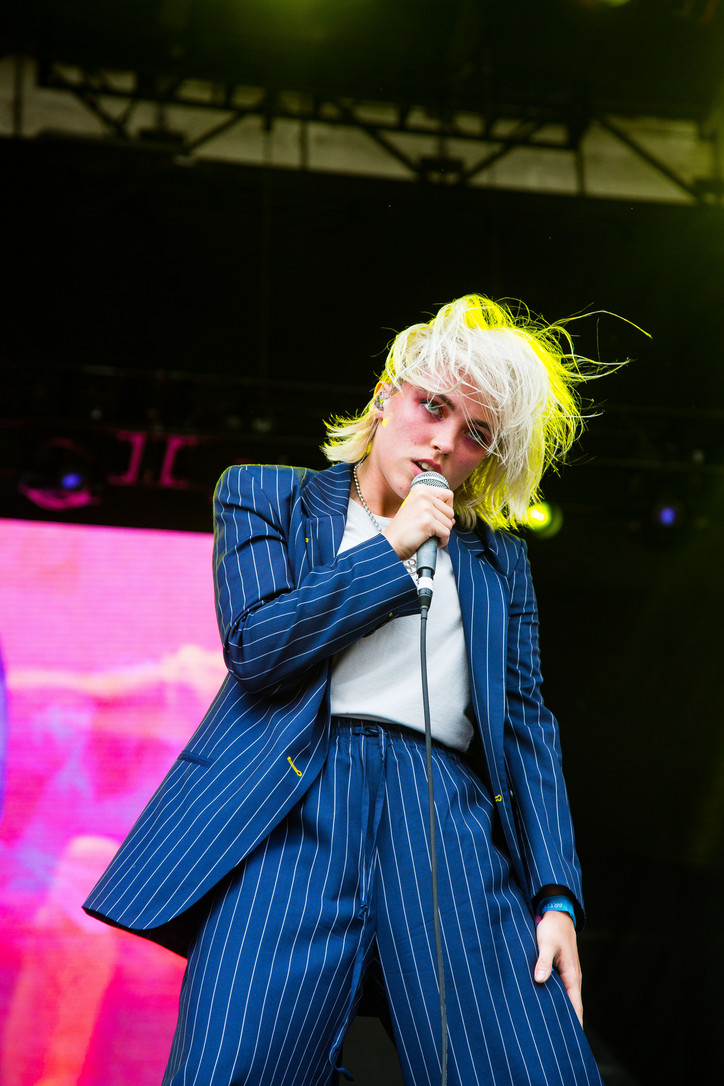
The 21-year-old London-born musician has all the rockstar vibes with none of the impenetrable ego. And at a time when the music industry is saturated with clout chasers and self-congratulatory SoundCloud rappers, Wu’s down to earth authenticity is a welcome respite. And it shows; even as a relative newcomer to the American stage, (being recently signed to Def Jam), her energetic live performance drew a crowd.
She grew up messing around on guitar at home and sneaking into underground raves, wanting a band from early on; but playing instruments “wasn’t encouraged” in the all girls’ school she attended. So she’d spend her time making songs independently, “imagining the band around me, what parts they’d play,” writing lyrics about being over partying and her own mental health struggles.
When she dropped out of sixform, she took matters into her own hands and signed up for a production class––breaking through the remnants of sexist industry customs in the process. “There’s a reason that girls are singers,” Wu told office, “[girls are] told to learn to sing, but nobody encourages you like they do boys to get on with the tech side. There’s an invisible wall in the music industry that men don’t like to address, but it’s very real.” And for her, confronting that wall never required a second thought––because making music is an inextricable piece of her identity.
Read our conversation with the artist, below.
How do you describe your sound?
I’d call it tomboyish fantasy, really. It’s a feeling for me. Most of my music’s got a very chaotic energy.
Tell me how you got into making music.
I think I was 5. I remember I was watching a video of Jimi Hendrix and he was slaying the guitar, and I knew I was so interested in it from that moment. I picked up guitar because my dad was playing it and started writing songs from then onwards. I was also in loads of choirs as a kid and I’m not religious, but probably the closest I’ve ever felt to a religious experience has been with a really good group of singers in a church.
So music came early for you, but when did you figure out you wanted to perform?
I was a bad kid in school, but when I would sing or do something, the adults and teachers would chill out on me a little bit. It was kind of my saving grace in a weird way, having a level of what I say in [the 2017 single] “Taken Care Of,” a place where I feel invincible, I feel that’s definitely something I found in school. All these things that you used to think of me, you can’t now, because this is me and I’m laying my heart out. I don’t mind or care. I’m happy with it.
So you still have the same relationship to performing?
I feel like mine’s quite healthy compared to a lot of people’s. I have friends who want the whole world to love them, and that’s not really what I’m there for. For me it’s more about connecting with people and being able to give them the experience I feel when I’m in a crowd looking up at someone.
I feel like wanting the world to love you is the antithesis of your goal.
Yeah exactly. You get me. I want everyone to see me for something real, I guess. As opposed to idolizing me. Which can be tough when people are asking for your signature, because I’m there like, ‘That’s conceited, I don’t want to do that.’ But then I’m like, ‘I can’t be a dick, I better sign it.’
How’s that been, getting used to that sort of treatment?
It’s difficult, because it’s not in my nature to behave that way. I don’t expect people to get down on one knee for me. I think I’m a little bit too modest for my own good sometimes when it comes to stuff like that. So I’m starting to adjust with this American tour. If someone’s driven six hours to see you, you better sign their shit because it’s almost more conceited to be like, ‘That’s not my character.’ You know what I mean?
What’s the EP's single “Grim Reaper” about?
“Grim Reaper” was one of the most lyrically intense ones on the EP. I’m diagnosed with post-traumatic stress disorder, and what that’s well known to mean is that you have this feeling of death following you around. It doesn’t really go away. But for me that translated into this huge personality shift into being someone who goes skinnydipping in Lake Michigan on a night out without even thinking about it, from someone who couldn’t take the bus or get on a bike.
For me, trying to deal with that personality shift, I felt like I was watching this brave young version of me running around. That became conflated with my feeling of death following me around as well. I felt like there was this little version of me being like, 'Look what you can’t do anymore.' And that sort of manifested as the disorder.

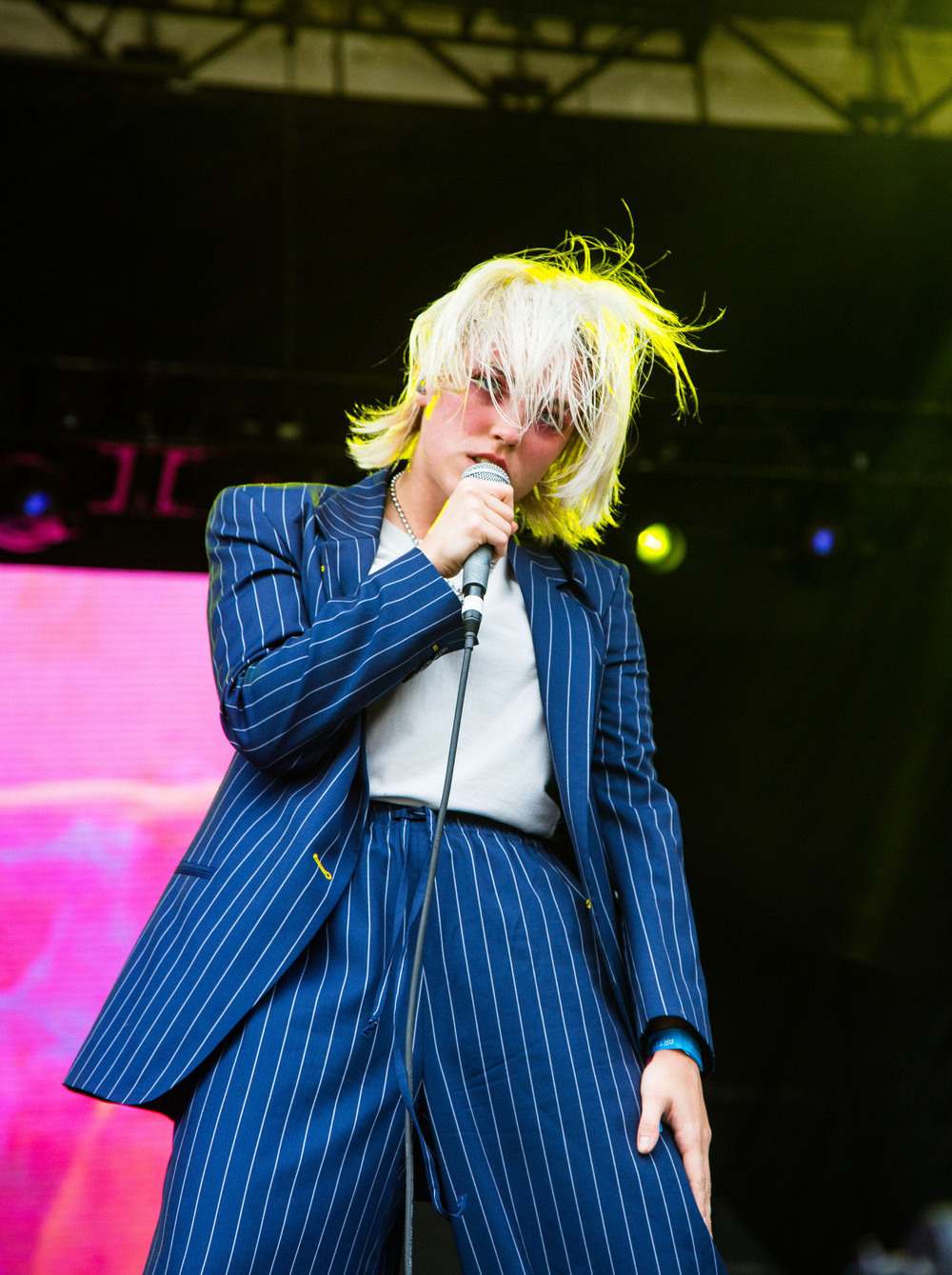
Do you feel a desire to look out for other girls in the music world?
So much. The journey through the music industry has taught me so much about how real the equality gap is and even more if you’re not actually a posh white girl from London. To get your voice across is so hard, and my goal is to learn how to deal with the tech myself because I think that’s like learning to hold a paintbrush. I think more women and LGBTQ and minorities should be holding that. They’re starting to, it’s changing. You’re starting to hear different narratives come across. But the fact that that’s so refreshing shows you how far we have to go, and I’m there for any other woman around me. Even if they want to shoot me down, I’d still be there for them, because I think we’re pressured so much to do that. I wouldn’t join in, you couldn’t make me.
What’s the motivation to become a touring musician as opposed to any other job in music?
For me it’s so accidental. I knew I wanted to do music for the rest of my life but I didn’t care if I was teaching it or writing it as a hobby from my bedroom for the rest of my life. My relationship to it really is I’ll see how far I can take this, but there’s no overarching goal for me to be a beast at the top of my game or anything like that. I’m like an actor that walked on set by accident, like, ‘Whoa. This is happening.’
How do you think growing up in the internet age has affected your views on the music industry?
It taught me the industry doesn’t have as much power as it used to, and that’s fantastic. The time when I grew up in, artists hadn’t realized their ability to tell their fans what they wanted yet. So you had a lot of over-sexualization and getting told, ‘That won’t work.’ The music industry got so cheesy and saturated in the 2000s because of that. And I honestly think it might have still been there if the internet hadn’t pulled it out of that hole it was in. So for me, the internet saved the music industry. A label person can tell you something won’t work. But you stick it up on Soundcloud and it gets a million hits, there’s nothing they can say or do.
What's making music about for you?
For me there’s no higher level of learning with it. I love bedroom producing which is a lot of what the industry is based on at the moment, because those people are not thinking about anybody else, they’re just making something. It gets abstracted and turned into this macho pissing contest, and for me [making music] is about getting rid of all that. Fuck that.
A lot of female artists like Grimes or Princess Nokia gravitate towards sounds that I know wouldn’t come from a male artist. And I think a lot of it is that they’re not afraid of being called novelty or kitsch, because they’re going to get that anyway. They’re more free with music.
What's the most important thing you hope people take away from your work?
You can still be successful and stable if you’re open about your mental health and what you’ve done in your life. It’s important to me that younger kids know that. It took me a long time to realize that there’s a lot of people with problems. I felt very isolated and alone as a kid, so I try to tell these stories that are pretty fucked up just to let people know, it might be grim and grimy, but it’s real life and it’s okay. And you can still be the cool one and well-adjusted and have those moments.
